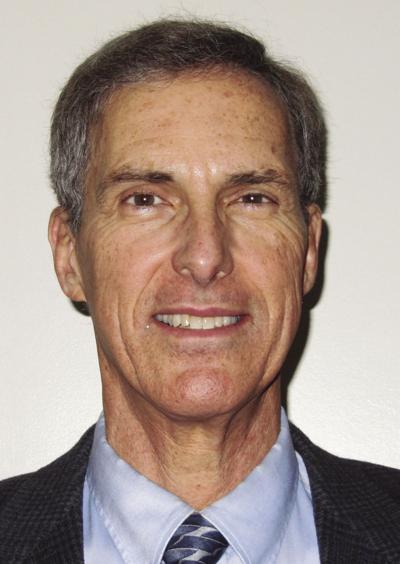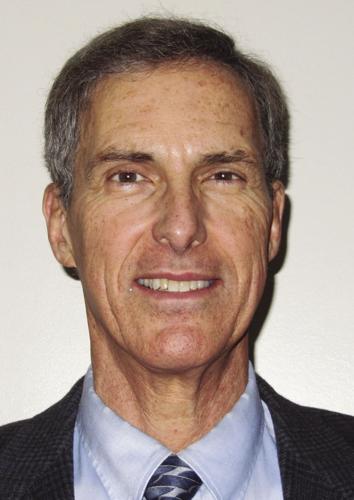“I used to be a classic workaholic, and after seeing how little work and career really mean when you reach the end of your life, I put a new emphasis on things I believe count more. These things include: family, friends, being part of a community, and appreciating the little joys of the average day.” - Mitch Albo (author, journalist, sports writer)
“No one can serve two masters, for either he will hate the one and love the other, or he will be devoted to the one and despise the other. You cannot serve God and money.” Bible (Matthew 6:24)
Gary Chapman, in his book “Loving Solutions,” quotes Jim, one of his counselees, “ I realize now that life is relatively short and we are very foolish if we do not keep a balance between work and family. I’ve observed that few people are ever satisfied with their success in their vocation no matter how much they have achieved. I’m convinced we never ‘make it’ because the goals keep expanding ahead of you. If in trying to be a success you lose your wife and family, you’ve lost it all. I’ll never regret the day that Amy forced me to face reality.”
How would you define success? Perhaps we need to ask the question in context. On the golf course, success may be just finishing 18 holes without losing a golf ball. If you enjoy cooking, it may be accolades from those consuming your culinary masterpiece. In your occupation, success is probably defined by your customer, whether that is your employer or a consumer of your product.
Now let’s expand the scope. How about life? Is your life a success? To others? To you? One (unknown) writer suggests our “success” is ultimately defined by others.
“In their childhood, they live as their parents decide.
In their schools, they live as their teachers decide.
In their home, they live as their spouse decides.
In their office, they live as their bosses decide.
In their old age, they live as their children decide.”
Let’s go back to my previous question, emphasizing the you. Don’t let others tell you whether or not you are successful. You decide. So now the challenge becomes selecting the criteria for defining success.
The Cambridge Dictionary says success is: “the achievement of what you want to achieve, something that has a good result or that is very popular.” In other words, success is defined by what pleases us and/or others. Both those definitions appear to be very transitory. They have no permanence, no lasting foundation. I used to hate prunes. Now I like them.
As long as we look to the world and man’s ways we will have to live with the ever-changing, and very unsatisfying, definition of worldly success. These definitions all originate from us. Let’s look at what God says about success in the Bible.
From God’s standpoint, success means walking in His way. The Bible asks, “What does the Lord your God require from you, but to fear the Lord your God, to walk in all His ways and love Him, and to serve the Lord your God with all your heart and with all your soul?” (Deuteronomy 10:12).
Ultimately, success in life can’t be defined by us. It’s the old dilemma of trying to lift yourself up by your own boot straps. It won’t work. The definition of success must be external to us. And I don’t mean your boss, your golf score, or even your wife. They are all transitory (as we’ve noted). I mean the only permanent definition of success.
As we’ve noted before, the Westminster Shorter Catechism says our chief aim, our goal in life, is “to glorify God, and to enjoy Him forever.” When our focus is on God’s design for life, we find that the Biblical order of our priorities is God, spouse, children, parents, church, and the world.
Following God’s plan for success in our marriage is much better than what the world tells us.




